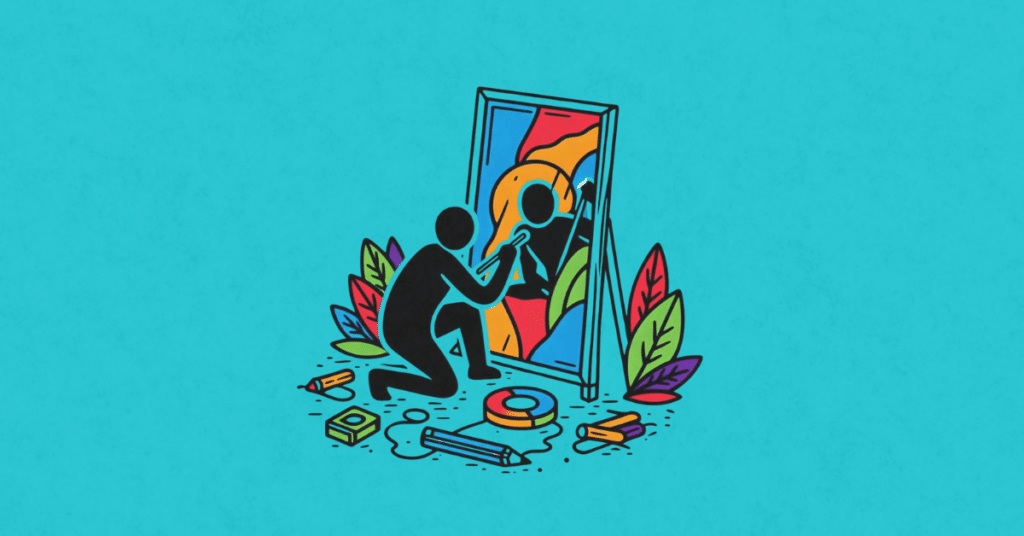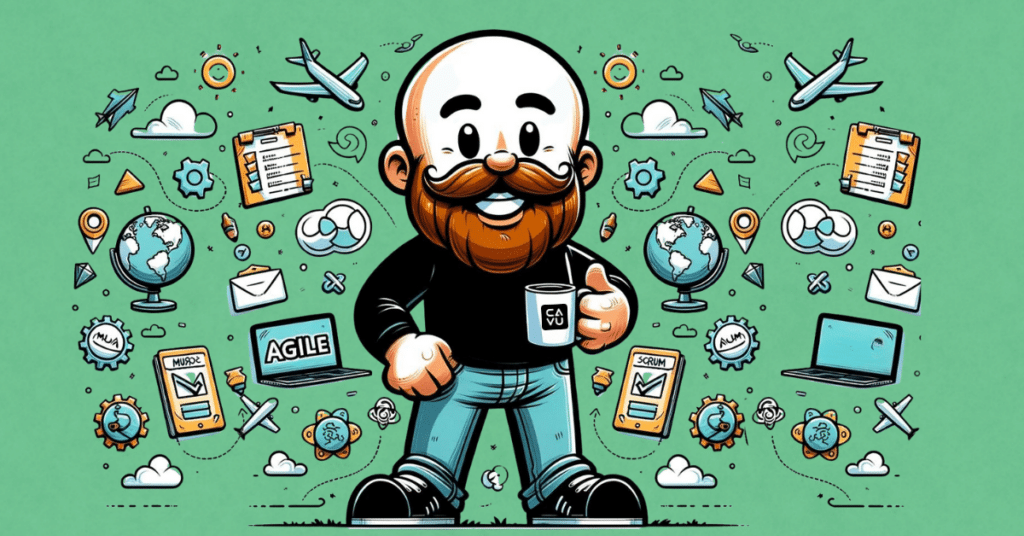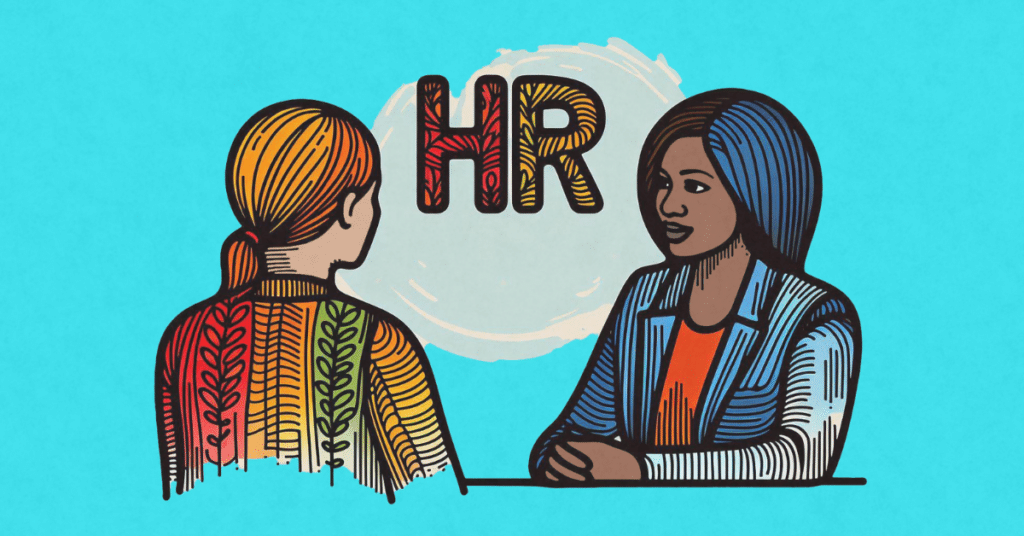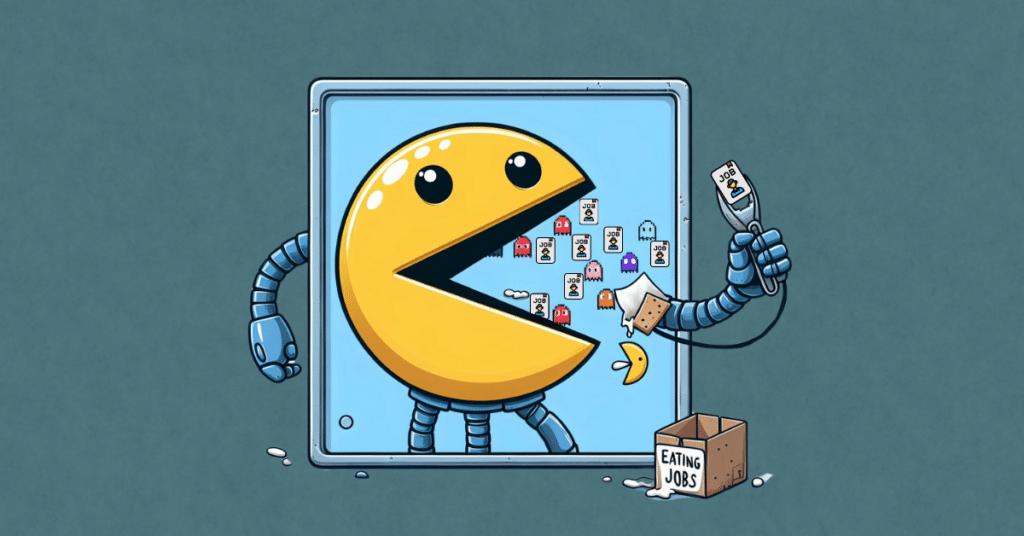For young professionals, pursuing a career in Agile is a unique experience filled with both rewarding moments and challenges. It’s a path that requires resilience, flexibility, and a strong desire to make a difference. Here are some tips and encouragement from my career in Agile. Hopefully, you’ll find some wisdom from my experience.
Start with Impact
Starting your Agile journey as a young professional is about more than just learning frameworks and methodologies. It’s about finding a path that aligns with your values, your purpose, and what motivates you from within. Here are three points on how you can discover these core elements and start your career with impact:
Reflect on Your Core Values:
Your values are the compass that guides your decisions, actions, and interactions. To discover them, take time for introspection.
Think about the values you refuse to give up, what makes you happy, and the social issues you care about addressing. Identify the values that are most important to you and that you are not willing to compromise on. Reflect on the things that bring you joy and fulfillment in your life. Consider the social issues that you are passionate about and want to make a difference in.
These reflections can help clarify your values, such as integrity, empathy, innovation, or community impact. Align your Agile career with these values. This ensures that your professional path is not only about success but also about fulfilling your personal mission.
Define Your Why:
Simon Sinek famously said, “People don’t buy what you do; they buy why you do it.” This principle is just as applicable to your career as it is to business.
Your “why” is the purpose that drives you, the reason you wake up excited to face the day’s challenges. Discovering this requires digging deep into what you hope to achieve through your work.
Do you want to innovate to make people’s lives easier? Are you driven to foster diversity and inclusion within the tech industry? Whatever your why, it should energize and motivate you, giving your work direction and meaning.
Identify Your Motivation:
Motivation is the fuel that keeps you moving forward, even when the road gets tough. It can come from various sources: a desire to prove yourself, a passion for problem-solving, or the aspiration to be a role model for other professionals. To identify what motivates you, consider the achievements that have made you most proud and the challenges you’ve overcome. Understanding your motivation will help you set goals that excite you and persist through obstacles and setbacks.
When beginning your career, focusing on making an impact involves aligning your work with your core values, overarching purpose, and motivations. It’s important to have a career that aligns with your values. It should also reflect the positive impact you want to make in the world. Don’t just focus on professional success.
As you step into the Agile field, let your values, your why, and your motivation guide you towards paths that not only lead to growth but also to significant, meaningful contributions.
Embrace Your Unique Identity
Your unique background, experiences, and perspectives are invaluable assets that can significantly influence your career path and contributions. Embracing and leveraging these elements can empower you to carve out a distinctive and impactful niche within Agile environments. Here are three ways to use your unique identity to your advantage:
Champion Diversity and Innovation in Problem-Solving:
Your experiences and viewpoint can bring fresh, innovative solutions to complex problems. Agile teams thrive on diversity of thought to brainstorm creative and effective approaches. Use your perspective to challenge the status quo and introduce new ideas that might not have been considered otherwise.
By doing so, you not only showcase your value within the team but also underscore the importance of diverse perspectives in fostering innovation. Participate actively in sprint planning, retrospectives, and daily stand-ups, offering insights that stem from your unique background.
Build Cultural Competence within Teams:
As organizations strive to become more inclusive, there’s a growing need for cultural competence — the ability to understand, communicate with, and effectively interact with people across cultures. Use your experiences to educate and sensitize your colleagues about different cultural perspectives and inclusivity.
This could involve leading discussions, workshops, or simply sharing your experiences during team meetings. By doing so, you help create a more inclusive, understanding, and cohesive team environment that respects and values diversity, which is crucial for the Agile principle of collaboration.
Leverage Your Story for Leadership and Mentorship:
Your journey to and within the Agile field is a powerful tool for leadership and mentorship. Share your story to inspire others, especially those who can relate to the hurdles you’ve overcome. This could mean speaking at industry events, writing articles or blog posts, or mentoring young professionals and students interested in Agile careers.
By doing so, you not only establish yourself as a leader and role model but also pave the way for future generations of diverse Agile professionals. Your story can encourage others to pursue Agile careers, showing that success is attainable and that they, too, can make significant contributions.
Embracing your unique identity in the Agile world is about more than just fitting in; it’s about standing out and making a difference. Your background, experiences, and perspectives are powerful tools that can drive change, foster innovation, and build stronger, more inclusive teams. Use them wisely to shape not just your career but also the broader Agile community.
Continuously Improve Yourself

Change is the only constant, personal and professional development is key to not only keeping up but standing out. Continuous improvement is a cornerstone of Agile methodologies, and applying this principle to your own career can lead to significant growth and opportunities. Here’s how you can continuously improve yourself through learning, mentorship, and networking:
Invest in Continuous Learning:
Agile methodologies evolve rapidly, with new frameworks, tools, and best practices emerging regularly. To stay relevant and effective in your role, it’s essential to keep learning. This can be through formal education like certifications and courses, or informal channels like online tutorials, webinars, and reading books. Don’t limit your learning to just Agile methodologies; broaden your knowledge in related areas such as technology trends, leadership, and business acumen to become a well-rounded professional.
Seek Out Mentors:
Having a mentor can accelerate your learning and development in unparalleled ways. Mentors provide guidance, advice, and feedback based on their experiences, helping you navigate your career path more effectively. They can offer insights on overcoming challenges, making critical decisions, and seizing opportunities. When seeking out mentors, look for individuals who not only have the career achievements you aspire to but also share your values and have a genuine interest in helping others grow.
Build Your Network:
The saying “It’s not what you know, but who you know” holds a lot of truth in the professional world. Building a strong network can open doors to opportunities that might not be accessible otherwise.
Attend industry meetups, conferences, and seminars to connect with peers, leaders, and potential mentors. Engage with the Agile community online through forums, social media groups, and professional networks like LinkedIn. Remember, networking is a two-way street; be ready to offer help and support to your connections just as they would offer you.
Continuous improvement is an investment in your future. By dedicating time and effort to learn new skills, seeking guidance from mentors, and building a robust professional network, you position yourself for success in the Agile field. These efforts not only enhance your current role but also prepare you for future opportunities, ensuring that your career remains dynamic and rewarding.
Build Your Legacy

Building a legacy in Agile as a professional involves making lasting contributions that not only propel your career forward but also enrich the Agile community and pave the way for future generations. Here’s how you can create a meaningful legacy within the Agile space:
Innovate and Drive Change:
Embrace the core Agile principle of continuous improvement by being a catalyst for change within your teams and organization. Lead by example in implementing innovative Agile practices and methodologies that enhance productivity, collaboration, and value delivery. Your contributions in driving Agile transformations can become a part of your legacy, showcasing your ability to adapt, innovate, and lead in a constantly evolving field.
Mentor and Inspire Others:
Invest your time and knowledge in mentoring emerging Agile professionals, especially those from underrepresented backgrounds. By sharing your experiences, challenges, and successes, you can inspire and guide others on their Agile journeys. Creating a supportive environment for learning and growth not only helps others succeed but also cements your role as a leader and advocate for diversity and inclusion in Agile.
Contribute to the Body of Agile Knowledge:
Actively participate in the Agile community by speaking at conferences, publishing articles or books, and contributing to Agile forums and discussions. By sharing your insights and innovations, you can influence Agile practices and thought leadership. Your contributions to the body of Agile knowledge can leave a lasting impact, inspiring current and future Agile practitioners to explore new ideas and approaches.
Champion Diversity and Inclusion:
Advocate for and implement practices that promote diversity, equity, and inclusion within Agile teams and the broader community. Your efforts to create an inclusive environment where diverse perspectives are valued and leveraged can make Agile practices more effective and resilient. Building a legacy as a champion for diversity and inclusion not only contributes to a more vibrant and innovative Agile community but also sets a powerful example for others to follow.
Build Sustainable Agile Communities:
Create or contribute to the development of Agile communities of practice, both within and outside your organization. These communities can serve as platforms for sharing knowledge, solving problems collectively, and supporting continuous learning. By fostering a strong and sustainable Agile community, you help ensure that the principles and practices of Agile continue to evolve and adapt, benefiting both current and future generations of Agile professionals.
Focus on Social Impact:
Leverage Agile methodologies to contribute to projects and initiatives with a social impact. By applying Agile principles to address societal challenges, you can demonstrate the versatility and potential of Agile beyond the corporate world. Your work in this area can inspire others to consider how Agile can be used as a tool for positive change, adding a significant dimension to your legacy.
Building a legacy in Agile is about making a difference—through innovation, mentorship, advocacy, and community building. By focusing on these areas you will leave an indelible mark on the Agile community, inspiring others and shaping the future of Agile practices.
Conclusion
The Agile journey is rich with potential for growth, leadership, and meaningful impact. These guiding principles, will help you navigate the complexities of this field, making invaluable contributions and paving the way for a more inclusive and dynamic Agile community. Remember, your journey in Agile is not just about advancing your career but about making a difference in the way work is done and value is delivered. Let your unique perspective be your guide, and let your impact be your legacy.








